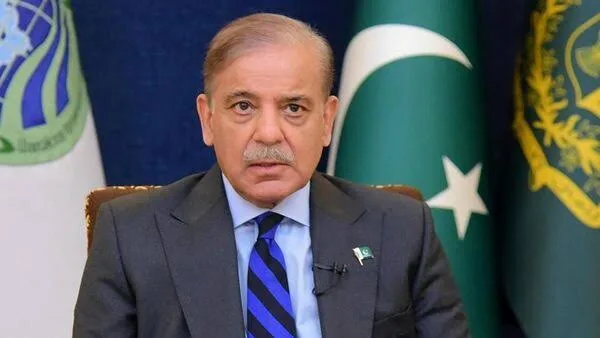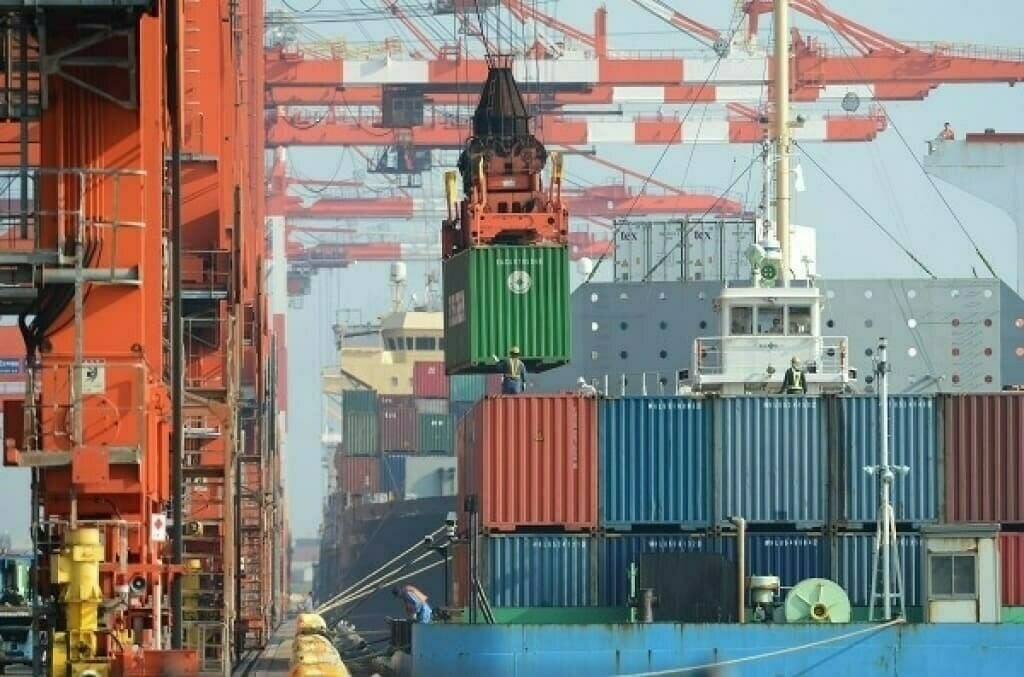Pakistan’s export sector, Prime Minister Shahbaz Sharif has issued directives to the Ministry of Finance (MoF) to clear the backlog of verified exporters’ Duty Drawback of Local Taxes and Levies (DLTL) claims. These claims are to be liquidated through re-appropriation and sufficient allocations for the fiscal year 2024-25. According to well-informed sources in the Commerce Ministry, this move is part of a broader strategy to enhance the country’s export performance.
The Prime Minister has committed to personally reviewing the export sector’s progress at least twice a month and will also chair the Export Development Board (EDB) meetings. This proactive approach aims to ensure continuous oversight and prompt resolution of issues affecting exporters.
The Prime Minister’s instructions, Commerce Minister Jam Kamal convened a meeting of the export facilitation committee. During this meeting, directions were issued to the Federal Board of Revenue (FBR), Finance Ministry, and the State Bank of Pakistan (SBP) to eliminate existing bottlenecks hindering export activities.
A significant focus was placed on resolving pending sales tax, income tax refunds, and customs duty drawback issues. The FBR and Finance Ministry have been instructed to develop a comprehensive plan with specific timelines for clearing all pending refunds, amounting to Rs 250 billion. Additionally, the Finance Division has been tasked with outlining a plan for the disbursement of Rs 37.7 billion in pending DLTL and Technology Upgradation Fund (TUF) claims.
The Commerce Minister also addressed the need for rationalizing policy and Export Finance Scheme (EFS) rates. The Finance Ministry has been directed to prepare a detailed plan for the upcoming budget, focusing on fund allocation for credit financing through the EXIM Bank. Furthermore, the Ministry of Finance, SBP, and Commerce Ministry have been instructed to redesign the EFS for better targeting and utilization for working capital. They are also expected to announce a targeted long-term financing scheme for value-added sectors and enhance EFS for working capital needs.
The business community regarding the SBP’s policy on fines for delayed export proceeds realization, the SBP has been asked to reconsider these fines, which can be as high as 9 percent of export proceeds. The SBP will also refine the risk management system in consultation with the Commerce Ministry and private sector representatives.
The SBP has been tasked with facilitating the utilization of 10 percent of the amount held in exporters’ foreign exchange retention accounts without undue hurdles. Information on banks that have upgraded their systems for debit card transactions is to be provided to streamline this process.
To ensure timely revisions of customs duty drawback (DDB) rates, it has been decided that the FBR (Customs) will update DDB rates in the upcoming budget based on industry recommendations. The FBR has also been directed to provide a comprehensive account of all pending refunds and propose a forward path for FASTER claims. Under the current mechanism, sales tax refunds are to be processed within 72 hours of claim submission through the FASTER system.
The continuation of the SBP financing scheme for renewable energy, with a focus on SMEs, has been proposed. The Finance Division will consider this in light of International Monetary Fund (IMF) commitments and budgetary priorities. Additionally, there is consideration for re-launching the collateral-free Finance Scheme (SAAF).
Efforts are also underway to establish banking channels at border ports with Iran and Afghanistan. The National Bank of Pakistan (NBP) has already set up booths in Chaman and three other border crossing points with Iran to facilitate trade and transit.
On the proposal to exempt exporters from all federal and provincial taxes, levies, and the super tax, and to introduce a fixed tax regime at 1 percent for all categories, the FBR has been directed to engage with private sector stakeholders. This includes considering the removal of the Sindh Infrastructure Cess in the upcoming budget.
The FBR has also been asked to consider restoring tax credit for investments under section 65B of the Income Tax Ordinance 2001. Additionally, the proposal to reduce turnover tax from 1.5 percent to 0.7 percent and adjust it against future profits will be reviewed.
The FBR and MoF will provide comments on proposals regarding advance tax on realtors, the Tajir Dost Scheme, and an application designed to improve the calculation method for tax determination.




